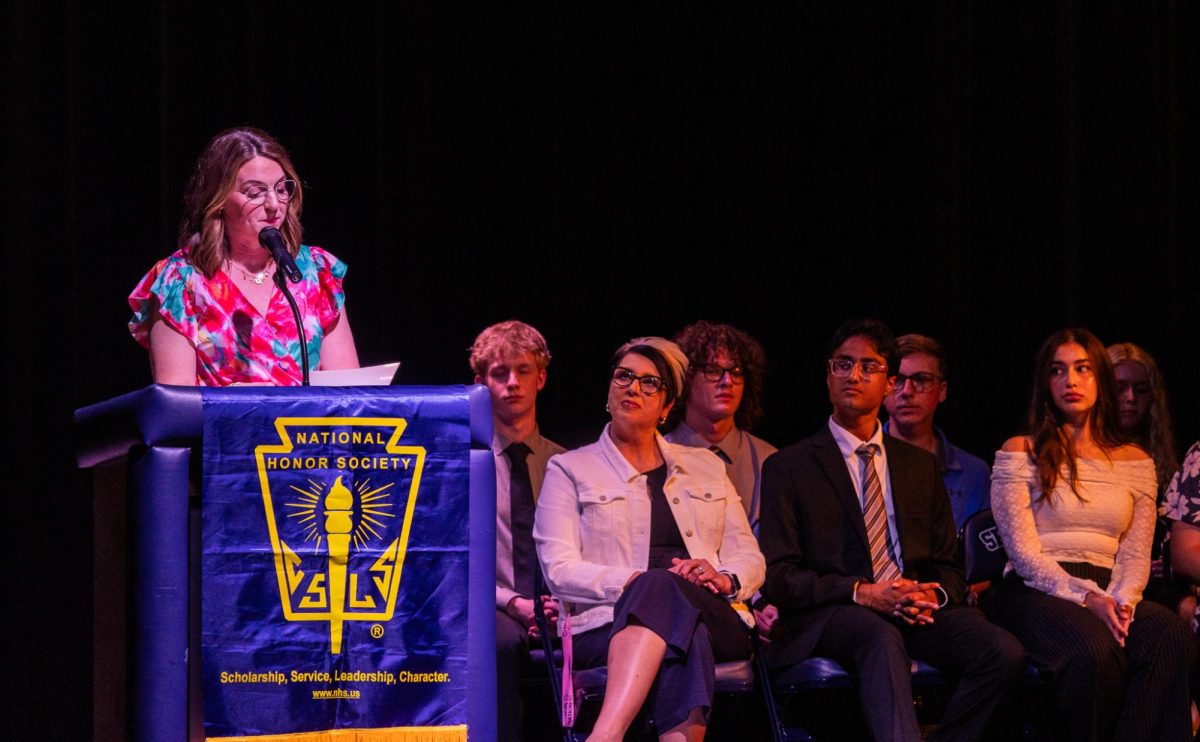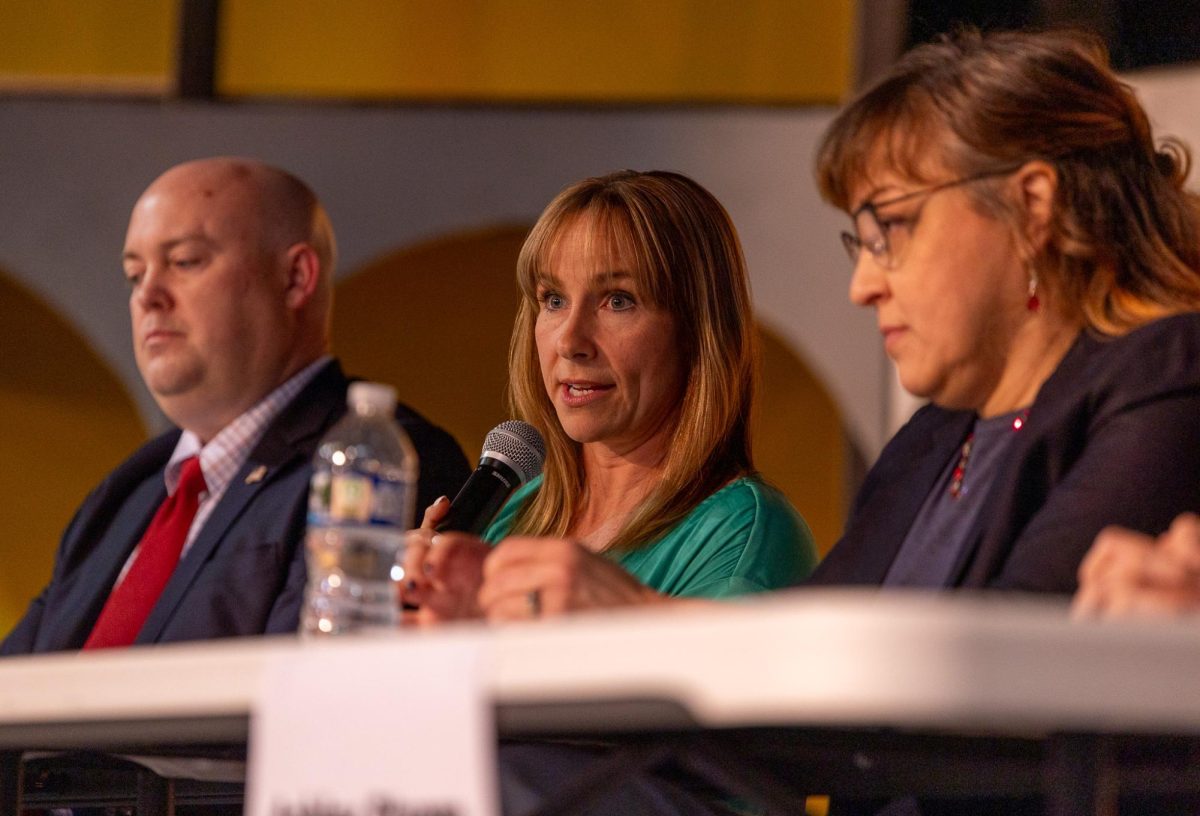We can all imagine it: the stress of an accident, maybe it’s a car crash you were lucky to survive, but now you owe thousands of dollars for a problem that you did not even cause. No one wants to be put in that situation, and that is the argument that many people access in defense of the heath care reform.
The United States of America currently has a few basic public health care programs, such as Medicare, Medicaid and the Veterans Health Administration. In turn, the people are not calling on the creation of a brand new system, but a reform. This reform could create universal health care, or stronger health programs that pay off more money.
Although we currently have some health care programs, they do not cover everyone, nor do they cover all expenses. Medicare only covers people over the age of 65, whereas Medicaid only covers low income families.
Junior Nick Venable thinks the existing federal programs are a step in the right direction.
“I think that if the current proposition for health care is passed, that [health care] will be easier to obtain and be more modernized,” said Venable. “But our future generations will still be paying for our health care debts to keep the program going.”
Dean of Freshmen Lucas Lammers says when people do not understand a bill, they base their opinions on what they have heard from other people, people who may not have the time to read such documents.
“The health bill is like 1300 pages long, and politicians are not actually reading [it],” Mr. Lammers said. “Citizen groups are reading this and finding things that are cause for concern. They are going to these town hall meetings and expressing this concern. I think we are going way too fast. This isn’t 1934 and we have FDR ramming through social programs. With something as monumental as heath care, if we do trial and error, and it fails, that’s a lot of dead people.”
There are many allegations of problems with this program, such as “death panels,” in which older people are not covered and, in turn, die.
“They are talking about end of life consulting, so when someone is in a hospital, on a machine, do they want to sign a DNR (Do Not Resuscitate) or not?” said Mr. Lammers. “I think people are freaking out about stuff like that, because they are unsure. I don’t think it’s a necessity, it’s miscommunication. But most people will agree, we need a change.”





